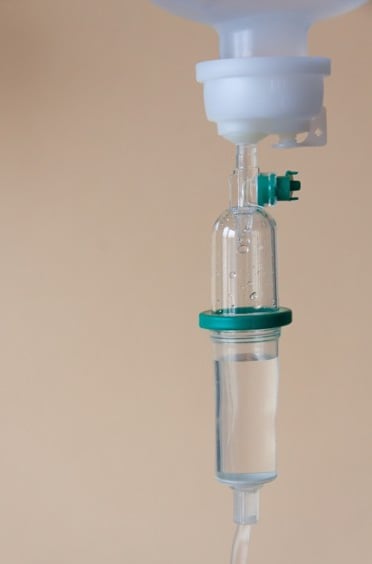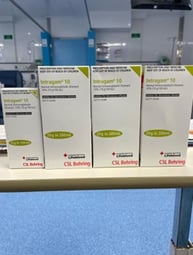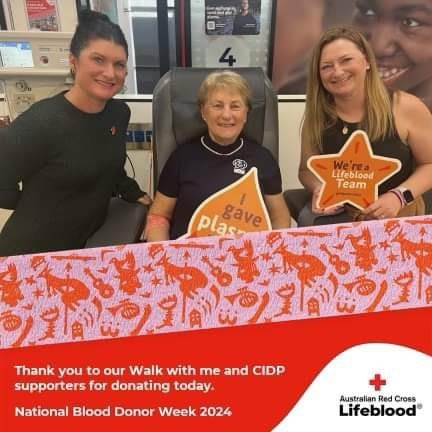Plasma


What is Plasma?
Plasma is the straw-coloured liquid portion of blood that contains proteins that are essential for the human body, including antibodies and clotting factors. Antibodies (also known as immunoglobulins) play an important role in health and illness.
Many patients living with GBS, CIDP, MMN or variants regularly receive intravenous immunoglobulin (IVIG) or subcutaneous immunoglobulin (SCIG) to treat their conditions.
Flooding a person’s system with antibodies from normal, healthy individuals can help treat problems caused by immunodeficiency.
How is Plasma Used?
Stuart Chesneau, who oversees Lifeblood’s plasma program, said plasma was considered a modern medical miracle, because it is often the last line of defence for many health conditions.
“Plasma-derived medicines are used to treat more than 50 serious medical conditions,” he said.
“Just one of these medicines, immunoglobulin (Ig), is needed by more than 13,300 Australians every month to treat acute or ongoing conditions to maintain their quality of life.
It can take up to 15 plasma donations to make a single dose of some plasma medicines.”


Immune Deficiencies Foundation Australia CEO, Carolyn Dews, said thousands of its members rely on the generosity and commitment of plasma donors to remain healthy.
“Plasma provides them with protection as it contains disease-fighting antibodies that help to protect against a range of infections."
130 plasma donations will treat 1 person with
primary immunodeficiency for 1 year.
465 plasma donations will treat someone with
chronic inflammatory demyelinating polyneuropathy for 1 year.


Plasma donors are everyday heroes that selflessly give plasma so that others can live.
On behalf of the hundreds of thousands of patients across the world who use plasma, thank you.
Check your eligibility to donate by contacting your closest Australian Red Cross Lifeblood Centre.
Supporting Australians with GBS, CIDP, MMN and related conditions.
© GBS CIDP Support 2025. All rights reserved.
ABN 99 400 279 454


242 Elsworth Street West,
Mount Pleasant VIC 3350
0484 293 889
0412 180 971



GBS CIDP Support is a Registered Charity with the Australian Charities and Not-for-profits Commission (ACNC) and is endorsed as a Deductible Gift Recipient. All donations of $2 or more towards our cause are Tax Deductible.

